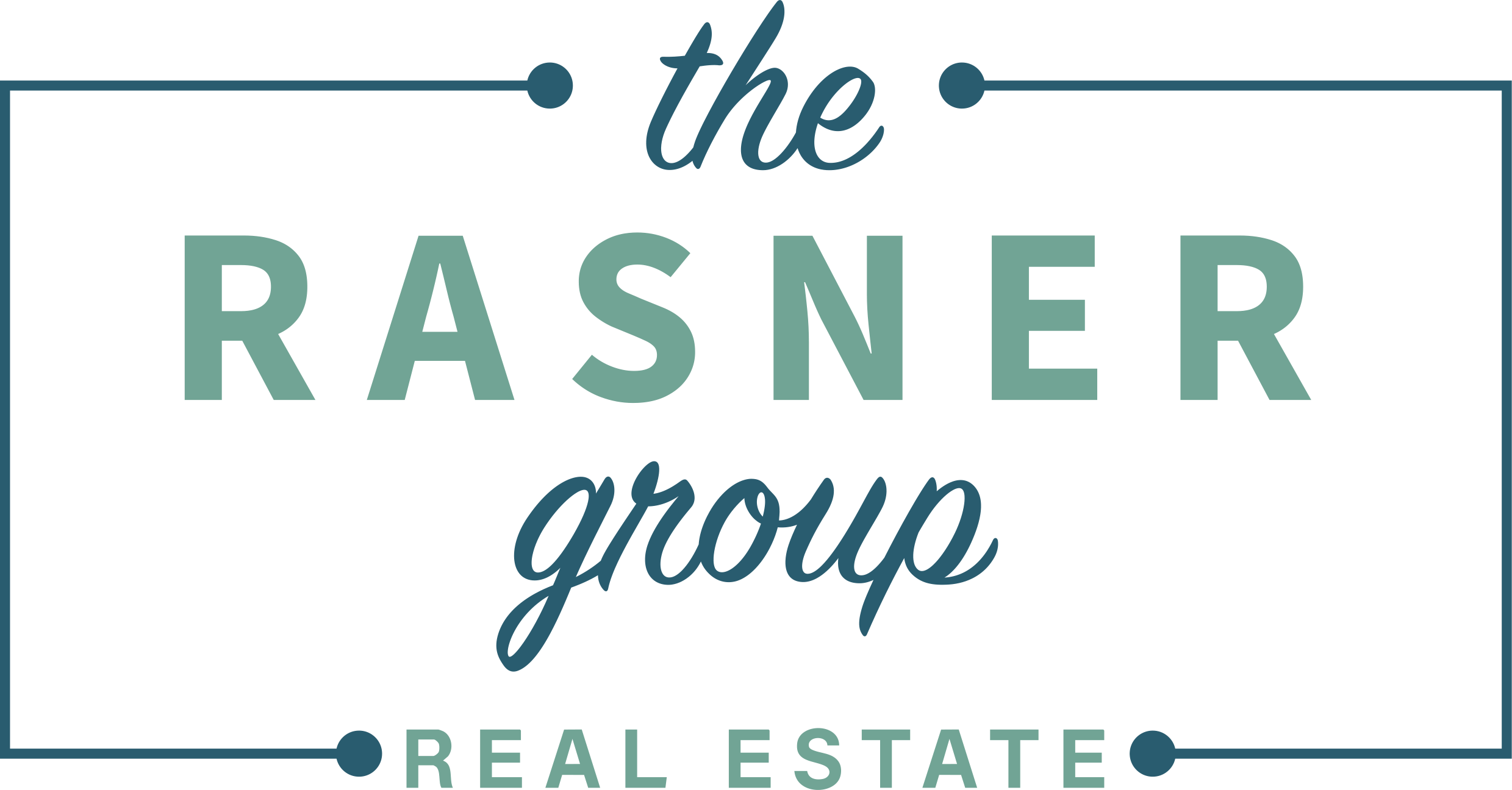Real Estate Matchmakers: Deciphering the Buyer's Agent vs. Seller's Agent Dynamic
When it comes to navigating the complex world of real estate, it's crucial to have the right professional by your side. Two key players in any real estate transaction are the buyer's agent and the seller's agent. These dedicated professionals have distinct roles and responsibilities that cater to the needs of property buyers and sellers.
Understanding the Roles of Buyer's Agent and Seller's Agent
Before delving into the distinctions between buyer's agents and seller's agents, let's grasp the fundamental roles they play in the real estate ecosystem.
Buyer's Agent: A buyer's agent, also known as a buyer's representative, is a real estate professional who assists homebuyers throughout the property buying process. They work diligently to understand their clients' needs and preferences, helping them find the perfect property while navigating the complexities of the market.
Seller's Agent: On the other side of the spectrum, a seller's agent, commonly referred to as a listing agent, specializes in representing home sellers. They are responsible for maximizing the property's sales potential, utilizing various marketing strategies, and negotiating on behalf of the seller to secure the best possible deal.
Now, let's explore these roles in greater detail.
The Responsibilities of a Buyer's Agent: Guiding Homebuyers through the Purchase Journey
Buyer Representation
A buyer's agent is the buyer's advocate. They ensure that their clients' interests are safeguarded throughout the transaction. This includes explaining the buying process, offering guidance, and answering questions at every step.
Home Search Assistance
One of the primary responsibilities of a buyer's agent is helping clients find suitable properties. They have access to MLS (Multiple Listing Service) listings, and they can identify properties that match their clients' criteria.
Negotiating Offers
Negotiation is a critical aspect of any real estate deal. A skilled buyer's agent uses their expertise to negotiate favorable terms and prices on behalf of their clients.
Property Inspections
Buyer's agents can arrange for property inspections to ensure that the home is in good condition. If issues are discovered, they help negotiate repairs or price adjustments.
Buyer Protection
Buyer's agents help their clients navigate the complex paperwork and contracts involved in buying a home, ensuring that their rights and interests are protected.
The Role of a Seller's Agent: Assisting Home Sellers to Maximize their Property Sales Potential
Seller Representation
A seller's agent is the seller's representative, working diligently to secure the best possible deal for their clients. They provide guidance and expertise throughout the selling process.
Marketing Strategies
To attract potential buyers, seller's agents employ various marketing strategies. This may include professional photography, virtual tours, open houses, and online listings.
Pricing Expertise
Determining the right listing price is crucial. Seller's agents use their knowledge of the market and comparative market analysis (CMA) to price the property competitively.
Home Staging Advice
Preparing a property for sale is essential. Seller's agents offer advice on home staging to make the property more appealing to potential buyers.
Handling Negotiations
Just as with buyer's agents, seller's agents are skilled negotiators. They negotiate offers and contingencies to ensure their clients get the best possible deal.
Different Skillsets Required for Buyer's Agents and Seller's Agents: Matching Clients' Needs and Goals
To excel in their respective roles, buyer's agents and seller's agents need specific skill sets:
Buyer Agent Skills:
- In-depth market knowledge to identify suitable properties.
- Strong negotiation skills to secure the best deals.
- Expertise in property valuation to advise on fair pricing.
- Effective communication to understand and meet client preferences.
Seller Agent Skills:
- Marketing prowess to create attractive property listings.
- Pricing expertise to maximize the property's value.
- Home staging knowledge to enhance the property's appeal.
- Strong negotiation skills to secure favorable terms for sellers.
Pricing Structures for Buyer's Agents and Seller's Agents: A Closer Look at Commissions and Fees
Both buyer's agents and seller's agents typically earn commissions based on the sale price of the property. However, the way these commissions are structured can vary:
Real Estate Commissions: The total commission (usually around 5-6% of the sale price) is typically split between the buyer's agent and seller's agent. Each agent's share may vary depending on their respective brokerage agreements.
Buyer Agent Fees: In some cases, buyers may need to pay a fee to their agent for their services, although this is less common and often occurs in situations where the buyer's agent is not compensated through the seller's agent's commission.
Seller Agent Fees: Seller's agents earn their commission from the sale of the property. This commission covers their services, including marketing, negotiations, and transaction management.
It's essential to clarify the fee structure with your chosen agent before entering into an agency agreement to avoid any surprises.
Selecting the Right Real Estate Professional for Your Needs: Factors to Consider when Choosing an Agent
Choosing the right real estate professional depends on your role in the transaction and your specific needs. Here are some factors to consider when selecting an agent:
Agent Qualifications: Ensure your chosen agent is licensed and has experience in handling transactions similar to yours.
Client Testimonials: Read reviews and speak with past clients to gauge an agent's reputation and track record.
Communication Style: Choose an agent whose communication style aligns with your preferences and expectations.
Remember that your agent should be someone you trust and feel comfortable working with, as they will play a pivotal role in your real estate journey.
Whether you're buying or selling a property, having the right real estate professional by your side can make all the difference. Buyer's agents and seller's agents have distinct roles, skill sets, and responsibilities, all geared toward ensuring the success of your real estate transaction. By understanding these differences and carefully selecting the right agent to match your needs and goals, you can navigate the world of real estate with confidence and achieve your desired outcomes.
Selling Your Home?
Get your home's value - our custom reports include accurate and up to date information.




